Exact Answer: Within a Week
How long does it take to hold a wake after someone passes away? For family members, planning a wake can be stressful, especially if it comes as a surprise. Varying faiths have different criteria regarding how long a wake can or must take place following a death, therefore timing is crucial. A wake ceremony is something that happens before the funeral, therefore if someone dies, the time we have before the funeral is the time we can plan the Wake ceremony.
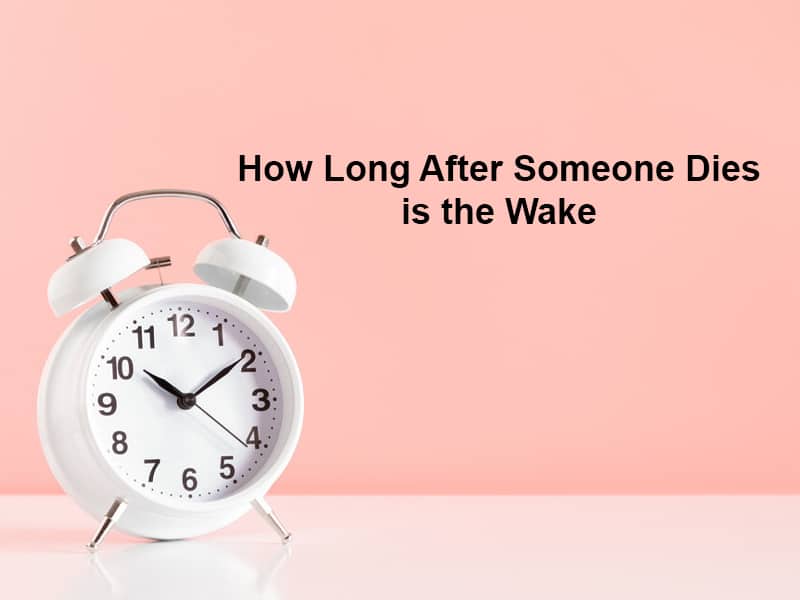
How long after someone dies is the wake?
| Earliest By | 5-6 Hours |
| Latest By | 7 Days |
The wake, funeral Mass, and committal are the three aspects of Catholic funeral ceremonies. Because the wake, also known as a vigil, is the first of these rites, it’s also the first chance to pray for the deceased. The wake might be held at a church or a funeral home, and it occurs the night before or the morning of the funeral Mass.
It is a time for the deceased’s family and friends to come together in mourning and remember the one they loved. Because the funeral will be centred on God’s word, this is an opportunity for loved ones to say more personal things about the departed. The wake also allows the family to emotionally prepare for the funeral that follows, with the help of the priest.
As mentioned earlier, the Wake is traditionally a Catholic ceremony based in part on Irish Celtic traditions. Family and close friends were expected to stay awake all night with the deceased to protect them from evil spirits, according to those customs. Everything was safe once it was buried.

Within a week of a person’s death, a wake ceremony is held. It occurs before the funeral service. In the Catholic tradition, a wake may involve a brief ritual led by a priest. The priest may recite scriptures or say prayers (the rosary). The wake is referred to as a “rosary” in this stricter Catholic definition.
In many ways, a wake is similar to viewing in that it allows mourners to express their condolences and share their sadness in a less formal setting.
Why the wake is that long after someone dies?
Wakes used to be held at people’s homes, but these days they’re more hosted in funeral homes. Some people choose to have them in a church’s social hall.
Wakes are frequently held a day, or sometimes many days, before the funeral. Modern wakes might even take place on the same day as the funeral.
A wake is essentially an opportunity for mourners to gather before the funeral. If that sounds eerily similar to the purpose of the viewing, it’s because they’re the same thing. A wake, on the other hand, has the Catholic roots of tradition, as well as the possibility of a rosary service.
The wake is held within a week of death because the funeral is the only thing that happens after that. A funeral or memorial service is more formal, with a celebrant leading a ceremony that includes scripture readings, eulogies, music, and, on occasion, a homily or sermon.

A wake ceremony is a major event. By the end of the process, those who have been most impacted will have received four days of loving support and tributes, as well as an outpouring of sadness and the sharing of numerous tales from people who knew the deceased. The long vigil can be exhausting, but it’s also deeply healing, and by the end of it, everyone is ready for a good night’s sleep and a new day.
It’s a nice way to say farewell, and here’s my response to another question about one I went to a few years ago, which will fill in the details.
Conclusion
Following a death, various rites and rituals are performed all around the world. Viewings, visitations, memorial ceremonies, funerals, and life celebrations are just a few examples. A wake is an example of such a ceremony.
The terms “wake” and “visitation” or “viewing” are sometimes interchanged, but a modern-day wake is more comparable to a celebration of life. Celebrations of life, on the other hand, are frequently celebrated weeks or months after a person’s death. Wakes, on the other hand, occur shortly following a death. Some wakes may even take place right before the funeral.

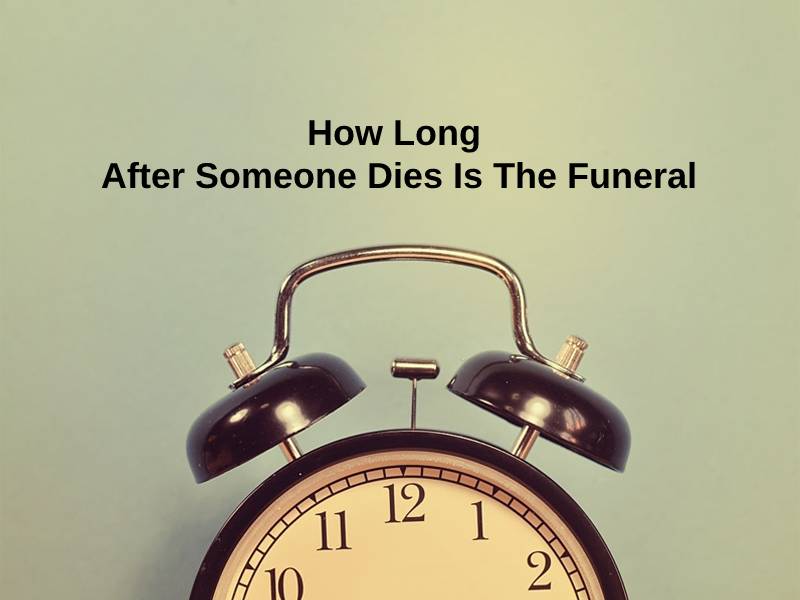
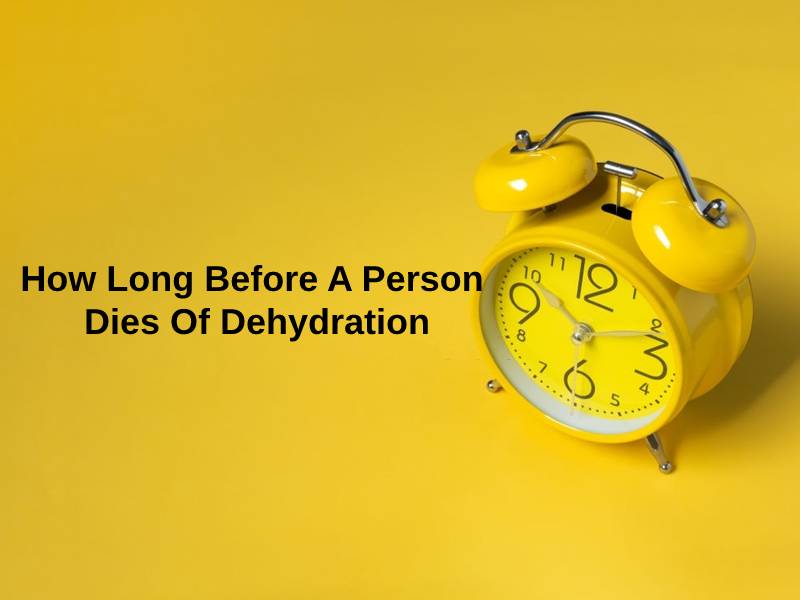
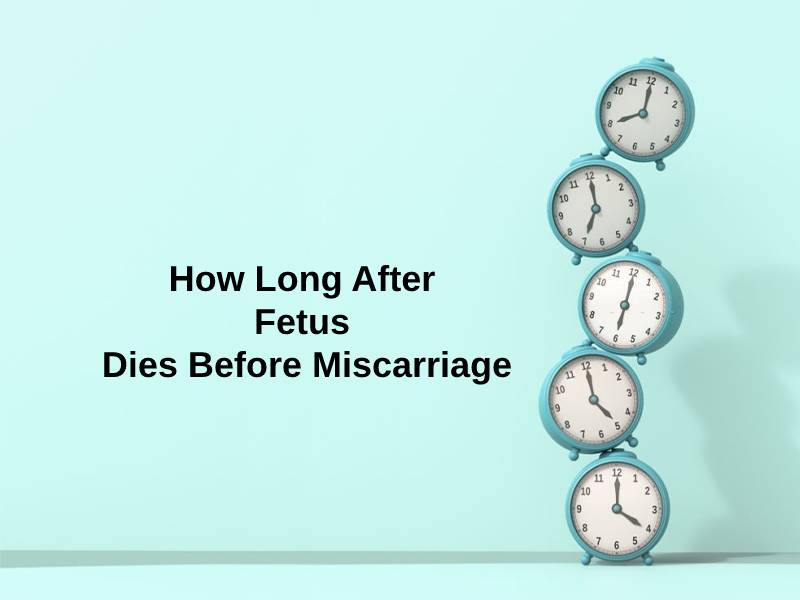




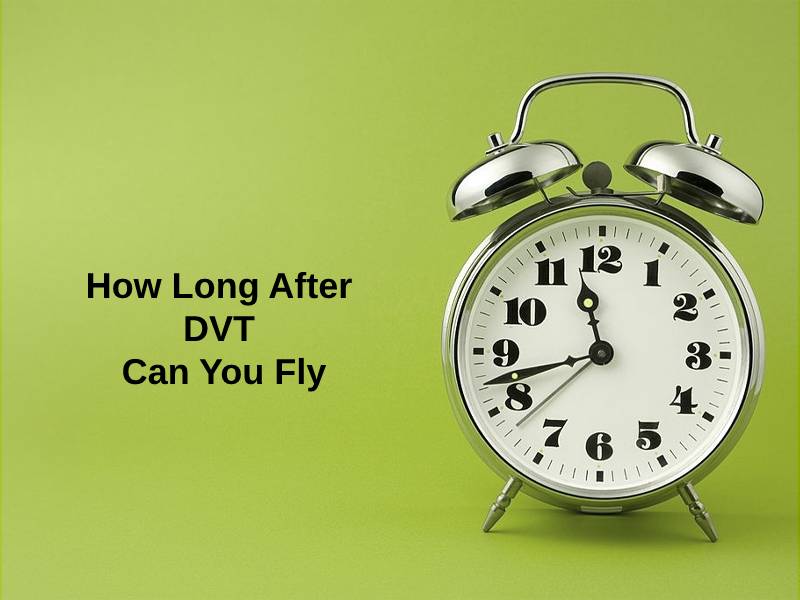
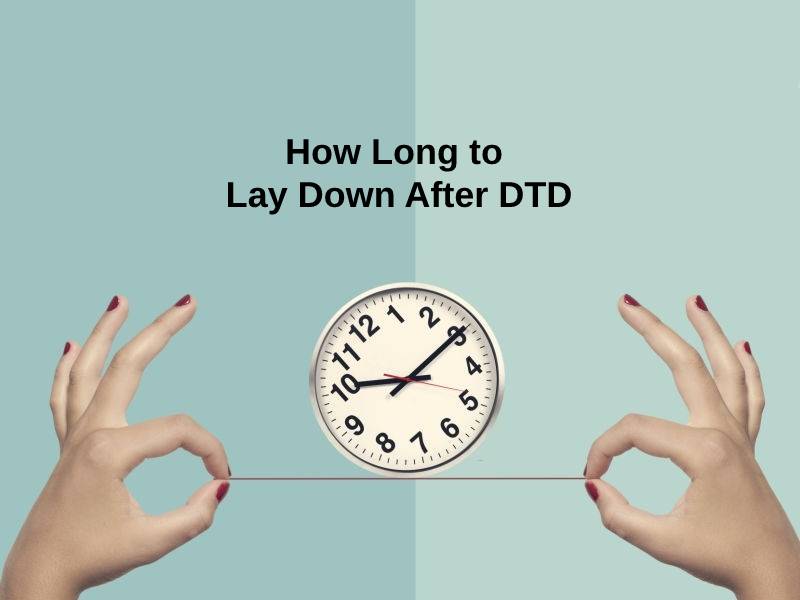
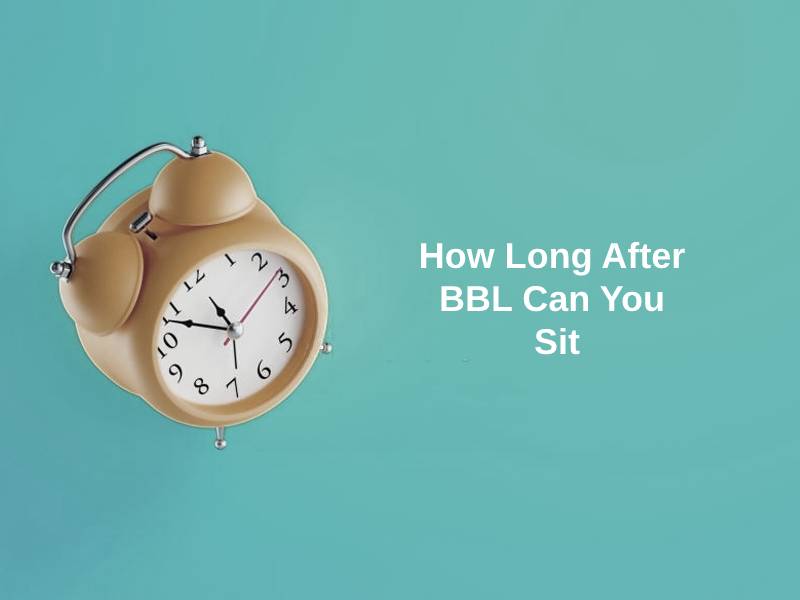
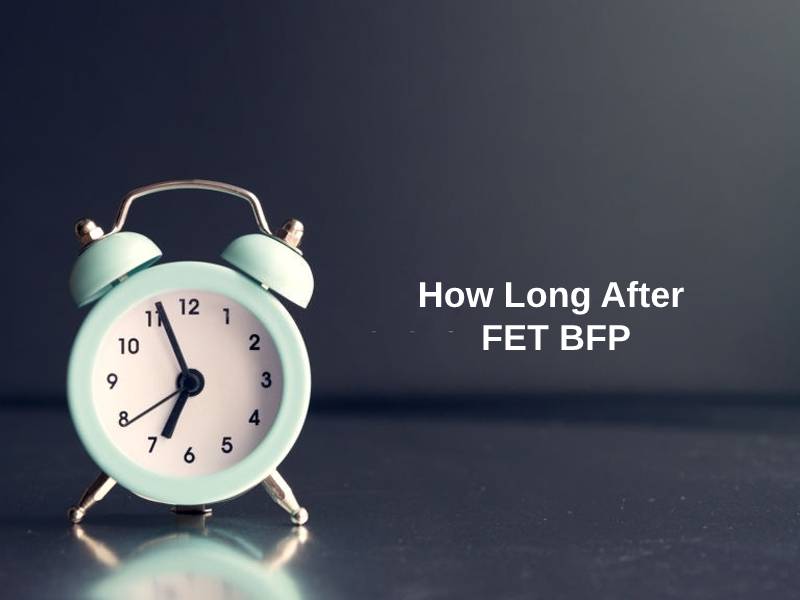

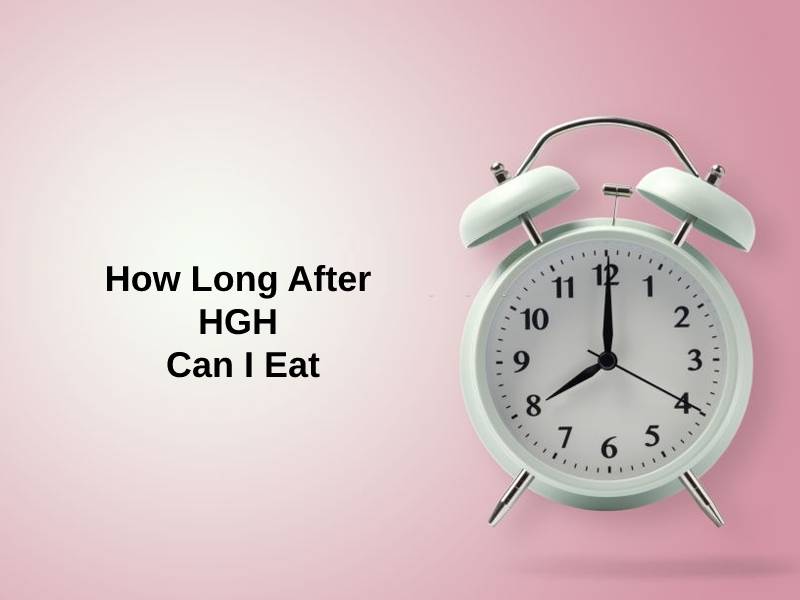
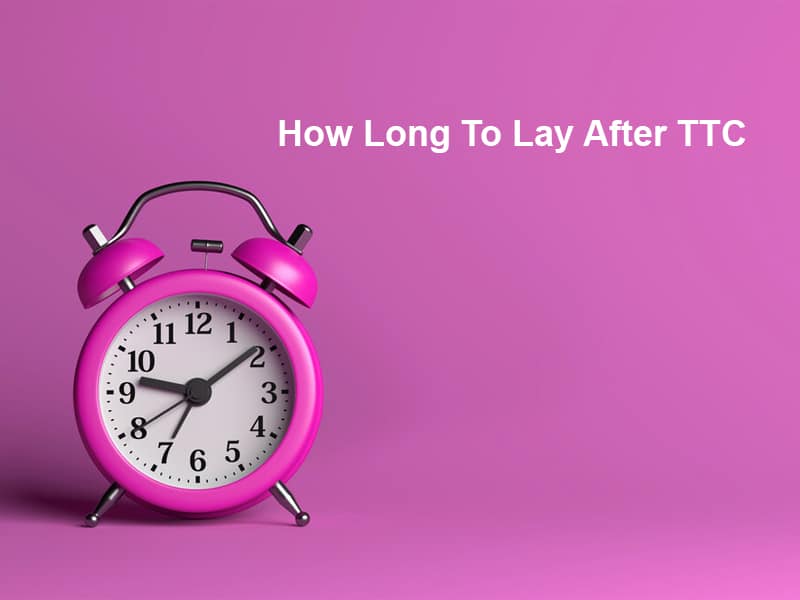

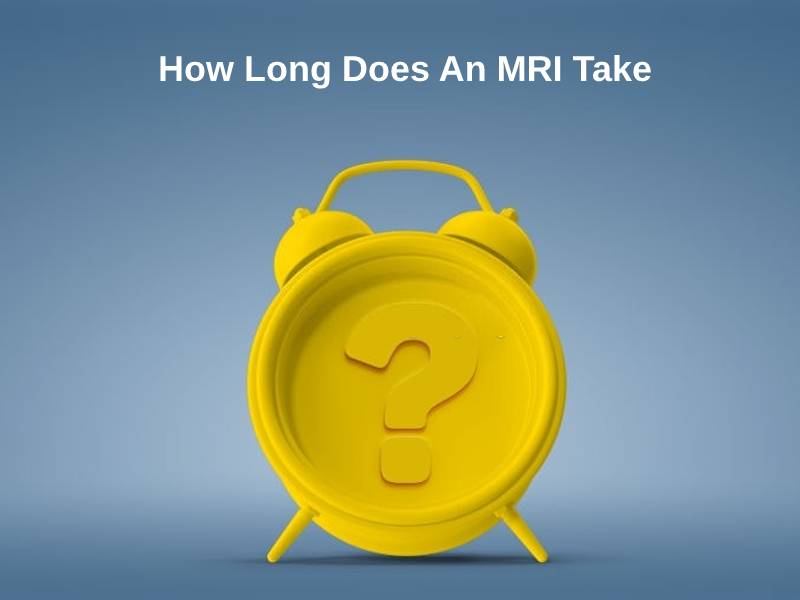

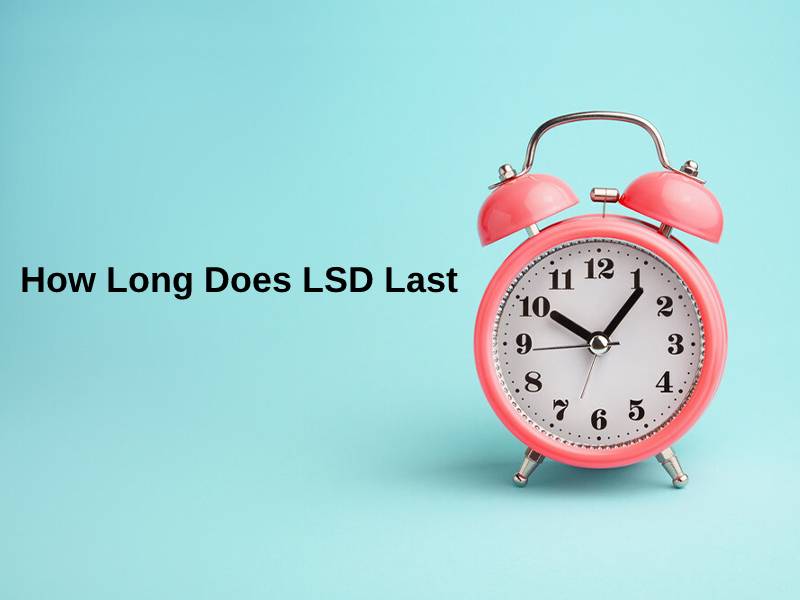
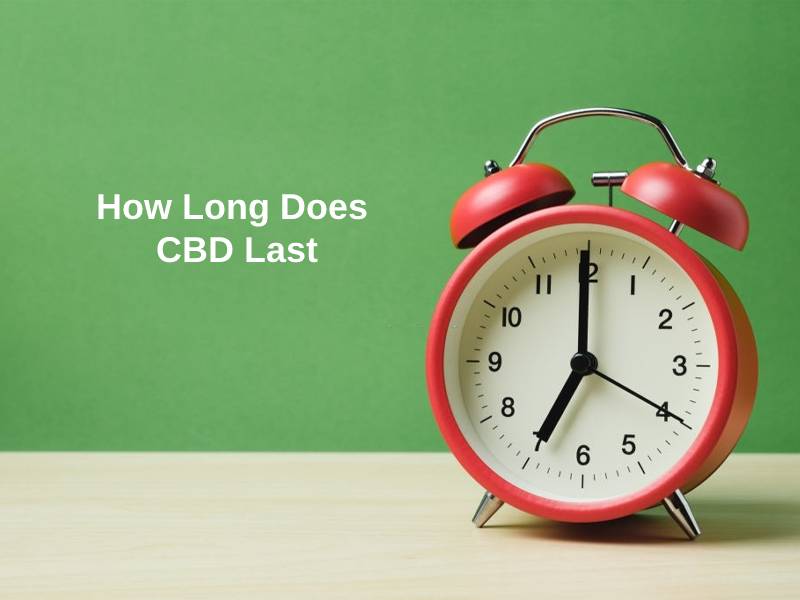

I didn’t know that a wake has roots in Irish Celtic traditions. Very interesting.
I was surprised by that too.
I’m really glad that I found this article. Thank you for sharing.
I’ve learned a lot from it as well.
I enjoyed reading it too.
It’s interesting how cultures have different traditions for wakes. It’s fascinating.
Yeah, I found it very informative too.
Absolutely, the cultural differences are really intriguing.
I really enjoyed reading about wakes. This was very well-written and informative.
Yes, I thought so too.
This was a perfect explanation of how wakes work.
Yes, I agree.
I found it very informative.
I’ve always been curious about the timing of wakes, and this article has given me a lot of insight.
It was very enlightening indeed.
I’ve learned a lot from it.
It was very well-written and informative.
The wake is a very important ceremony to say goodbye and it is essential to know when it can be held. Thank you for this information.
I can’t believe so many people don’t know this.
I learned a lot from this too. It’s really interesting.
The wake is such an important part of the mourning process, this really highlighted why.
It was very well explained.
Yes, the wake is an important tradition.
The explanation of the wake and its importance was thorough and clear.
Agreed, great information.
Yes, it was very well explained.